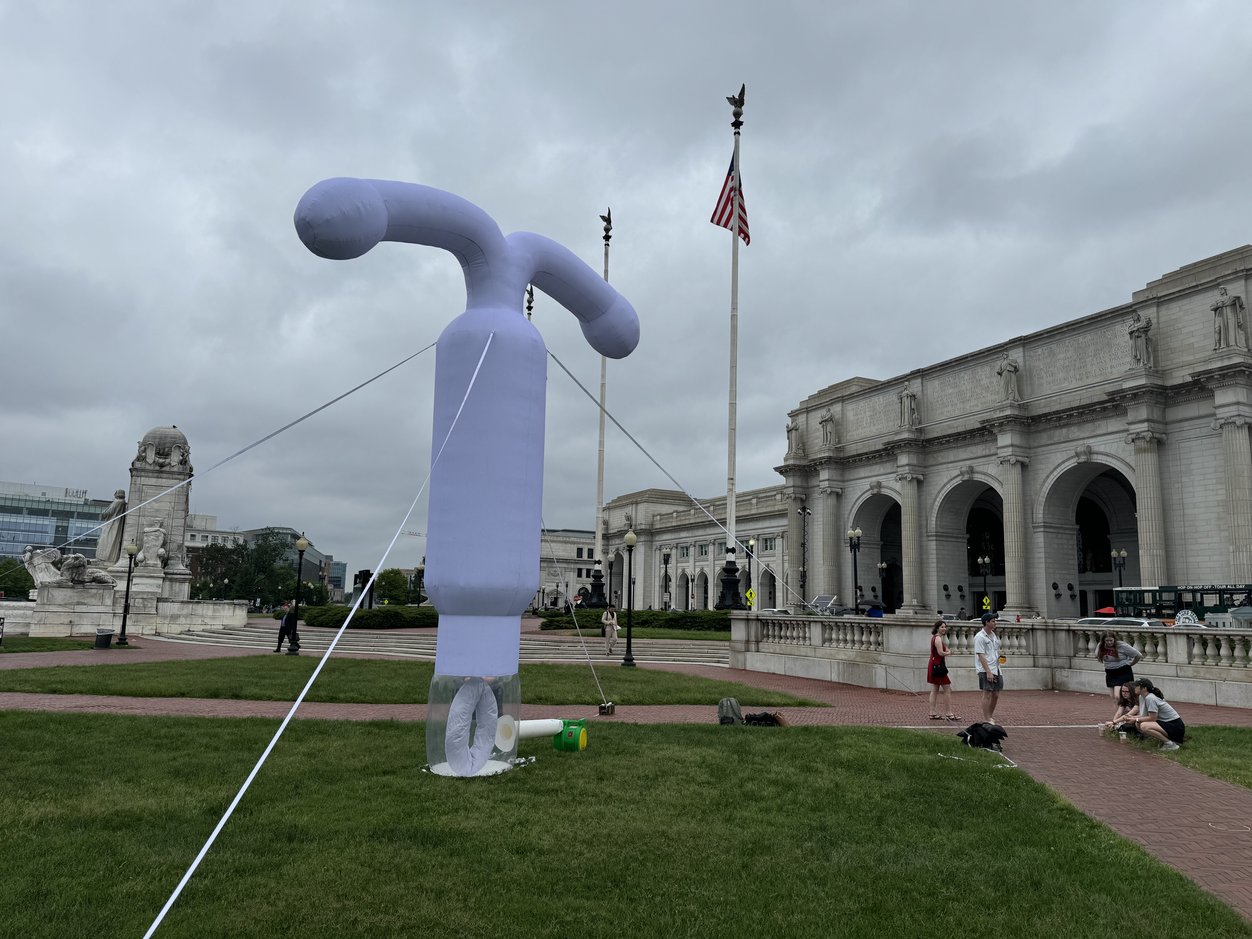reproductive rights
Senate contraception vote fails amid GOP blowback

SARAH OWERMOHLE/STAT
Senate Democrats' efforts to secure Americans' access to contraception — and require providers to supply it — failed to advance on a 51-39 vote Wednesday. Two Republicans, Maine's Susan Collins and Alaska's Lisa Murkowski, voted for the measure, yet 26 others called it "fear-mongering" by Democrats to "score cheap political points" in a memo.
While those Republicans insisted there is no threat to contraception access in the U.S., some anti-abortion advocates have increasingly called for methods like intrauterine devices and even Plan B to be restricted. The issue came up in a Tuesday HELP committee hearing on abortion rights, Sarah writes. An anti-abortion advocate told senators she considers copper IUDs to be abortifacients because they "prevent implantation, even if fertilization has occurred" and avoided saying whether she'd provide an IUD to a patient.
Staff heading to the Capitol that morning would likely have passed a 20-foot inflatable IUD erected by the Americans for Contraception ahead of the vote. "Surprisingly, a lot of people, including a lot of men, are able to recognize that it is a giant inflatable IUD," Laura Packard, a consultant with the group, told STAT. "Perhaps in years past, we did not need a giant inflatable IUD, but given what's at stake, and the Supreme Court rulings, clearly now we do."
Where does one get a 20-foot IUD? Packard said a "friendly organization" provided it. The intrepid STAT team went looking for medical inflatables online, and there's some surprisingly (scarily?) authentic options.


No comments